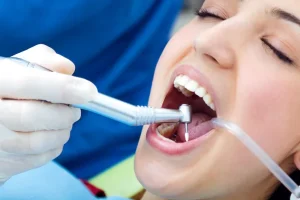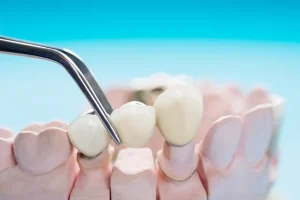Adequate sleep is important for your body to work at full potential. If your body doesn’t get the amount of rest it needs, it may not function well. Your body needs almost 7 to 8 hours of sleep daily. Insufficient sleep affects your oral health in a number of ways.
Table of Contents
Periodontal Disease:
Deprivation of sleep may lead to your gums being affected by periodontal disease. This is because sleep allows your body to maintain its strength and also allows your immune system to do its job. According to recent studies, people who get less sleep fall sick more frequently. Your body is not able to fight with diseases, such as periodontal disease, tooth decay, and other dental diseases.
The Risk of Inflammation:
Inadequate amount of sleep will increase inflammation in your gums. This may give rise to other diseases as well, such as heart attack and stroke. Lack of sleep increases these inflammatory hormones, which is a sign of gingivitis (gum disease).
Emotional Health:
Sleep makes you emotionally healthy as well. Those who do not get enough sleep tend to suffer from high levels of depression and anxiety. Bruxism is a disease caused by high anxiety and stress. This increases the risk of gum disease, decreasing natural immunities.
Rest to the Tissues:
Sleep is also important as it gives time to the tissues that make up the tongue, teeth, gums, and lips to relax and repair. Less sleep does not give enough time to your tissues to repair them leading to your oral health to decline.
Conclusion:
It is important to know that sleep is important but at a certain level. As you know that excess of anything can be dangerous. This is the case with sleep, as more sleep would lead to mental disorders and make the person lazy. It is recommended not to sleep only at night and not during the day. You can also talk to your dentist about the effect of sleep deprivation on your dental health.



